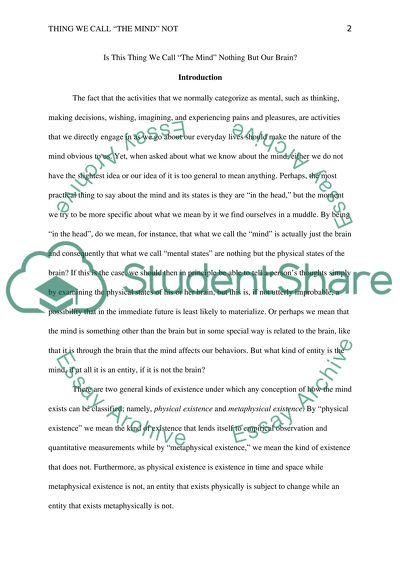Cite this document
(“Epistemology Essay Example | Topics and Well Written Essays - 1750 words”, n.d.)
Epistemology Essay Example | Topics and Well Written Essays - 1750 words. Retrieved from https://studentshare.org/philosophy/1477741-epistemology
Epistemology Essay Example | Topics and Well Written Essays - 1750 words. Retrieved from https://studentshare.org/philosophy/1477741-epistemology
(Epistemology Essay Example | Topics and Well Written Essays - 1750 Words)
Epistemology Essay Example | Topics and Well Written Essays - 1750 Words. https://studentshare.org/philosophy/1477741-epistemology.
Epistemology Essay Example | Topics and Well Written Essays - 1750 Words. https://studentshare.org/philosophy/1477741-epistemology.
“Epistemology Essay Example | Topics and Well Written Essays - 1750 Words”, n.d. https://studentshare.org/philosophy/1477741-epistemology.


